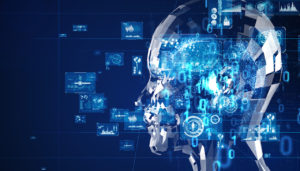TECH NEWS | Scientists develop chemical computer, storing images with molecules
Scientists found a way to encode and decode images, not with microchips but with small molecules, and it worked with a 98-percent accuracy.

WASHINGTON — Scientists from Brown University found a way to encode and decode images, not with microchips but with small molecules, and it worked with a 98-percent accuracy.
The study published on Wednesday in the open-access journal PLOS ONE demonstrated that the small-molecule information storage can successfully encode more than 100,000 bits of digital images into synthetic metabolomes.
Previously, biomolecules like DNA have been used to help store information. In the new study, the researchers resorted to another molecules: metabolites, which are smaller, more diverse and have the potential to store information at greater density than the genome.
Metabolite is any chemicals involved in metabolism, either as a product of metabolism or as necessary for metabolism.
They used liquid-handling robots to write digital information by dotting mixtures of metabolites into a grid on a surface. An instrument called a mass spectrometer can read the locations and identities of the metabolites and report out binary data.
They could encode the information from a picture and then decode it to redraw the image with 98 to 99.5 percent accuracy. In the study, the researchers recovered the image of an anchor and a banner with the inscription of “Hope.”
“A molecular hard drive or a chemical computer might still seem like science fiction, but biology shows us it is possible,” said Jacob Rosenstein with Brown University, who led the study.



